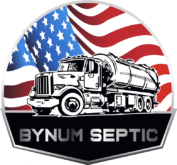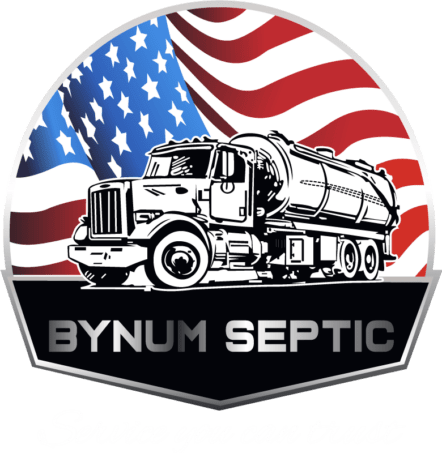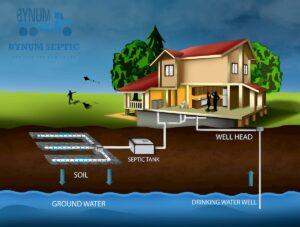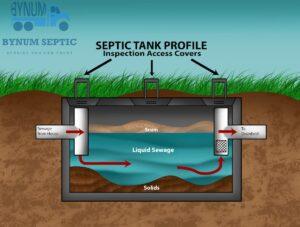Keep Your Space Sanitary With DIY Septic Maintenance
Your septic system is a vital aspect of your home or business’ daily functioning. Though it often goes unseen and unrecognized, your septic tank is working overtime to make sure that your property remains safe, sanitary, and hygienic. Since it incurs daily use, your septic system must undergo routine maintenance in order for it to remain in optimal condition. Some of it can even be DIY septic maintenance! While things like tank cleaning, pumping, and drain field cleaning are performed by professionals, there are plenty of DIY septic maintenance procedures that you can employ to keep your septic system running smoothly season after season and year after year.
Mitigate Environmental Damage With Professional Maintenance
We often don’t consider this, but factors outside of our control also take a toll on the condition of our septic systems. Things in the environment around your home or business like animals, fallen debris, underground critters, earthquakes, and more all have a direct impact on the quality and condition of your septic system over time. Calling in a professional team to perform routine maintenance is a great way to investigate what’s going on under the surface and mitigate any additional issues.
That said, remember that septic system maintenance is twofold. There are simply some things that you need a professional for such as environmental inspections, professional pumping, etc., but there are also many maintenance procedures that you can perform on your own! In this article, we’ll be discussing the do’s and don’ts of DIY septic maintenance and sharing some quick septic system care tips to set you up for success all year long.
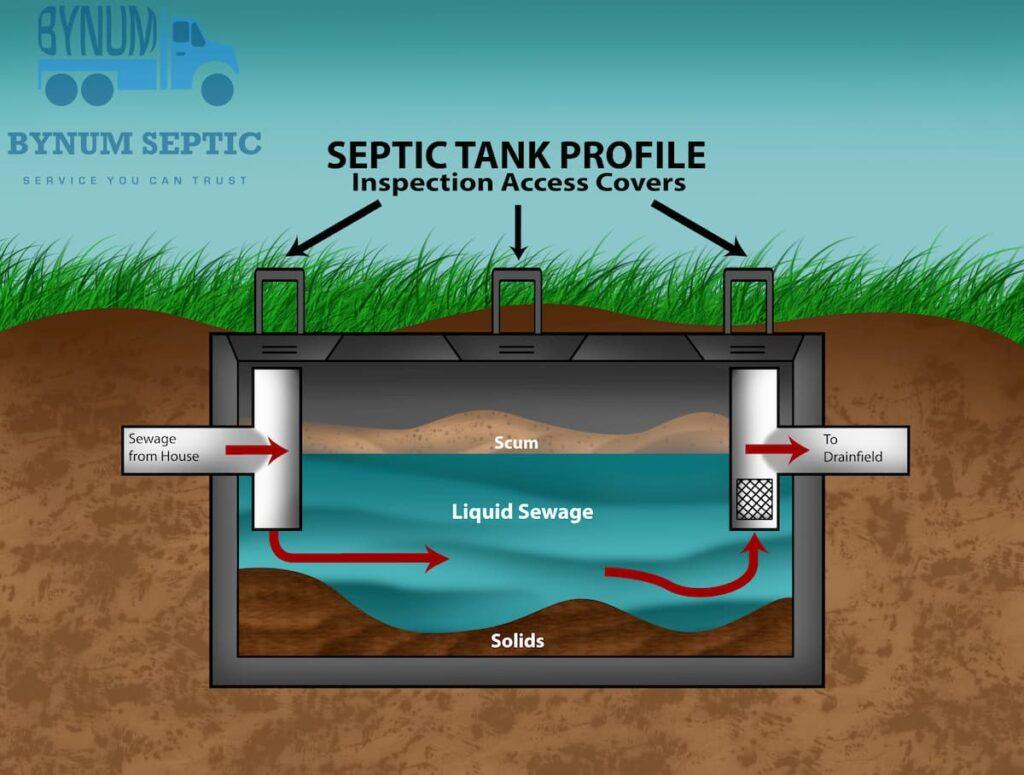
What You Should Do for DIY Septic Maintenance
DO remain aware of what goes down your drains – With small children, this can be a tough one. But things like toys, cellphones, coins, batteries, and magnets have no place in your toilet bowl. Trust us, we get how hard it is to keep those little hands occupied constructively, but it’s critical for the health of your septic system. As for the adults, be sure to remember that sanitary napkins, excessive toilet paper, and other heavy-duty paper products should be kept away from your drains as well.
DO keep detailed maintenance records – Making note of the things that you and your maintenance professionals are doing to uphold your system is a simple yet effective way to best maintain your system. When you keep records, you’re better aware of the care that your system needs next!
What You Shouldn’t Do for DIY Septic Maintenance
DON’T drive vehicles or heavy machinery over your septic tank or drain field – Your septic system works overtime to carry out its daily functions. It is because it works so hard that it must be protected. Any extra weight on top of your septic tank or drain field has the potential to severely damage or flood your septic system. Keeping heavy machinery off of it is a great way to maintain its structural integrity.
DON’T overload your septic system by using too much water at once – Overloading your system with too much water is a surefire way to flood your drain field. It takes time for your excess water to seep into the soil, and standing water can cause a slew of additional problems. Limiting water usage by spreading out water-heavy tasks like laundry over the course of the week instead of all at once is a great way to maintain your septic system.

Bynum Septic Is Here For You!
Now that you’re armed with some simple DIY septic maintenance suggestions, it’s time to put them into practice! Here are a few additional septic system care tips to keep in mind:
DO
- Schedule septic tank pumping every 2-5 years and ask for a leak inspection.
- Use a bacteria additive to replenish the healthy bacteria in your septic tank.
- Ask your local septic tank technician to install an effluent filter.
- Spread out your laundry days
Don’t pour or flush any of the following down your drains:
- Non-biodegradable items: latex products, dental floss, hair, cat litter, small toys, etc.
- Medicines
- Cosmetics
- Antibacterial soap
- Cooking materials: fats, oils, grease, and small bits of food
- Toxic chemicals: paint, cleaning products, drain cleaners, bleach, etc.
Be sure to contact your local service professionals for all additional necessary maintenance services. Our Bynum Septic team looks forward to serving you!
